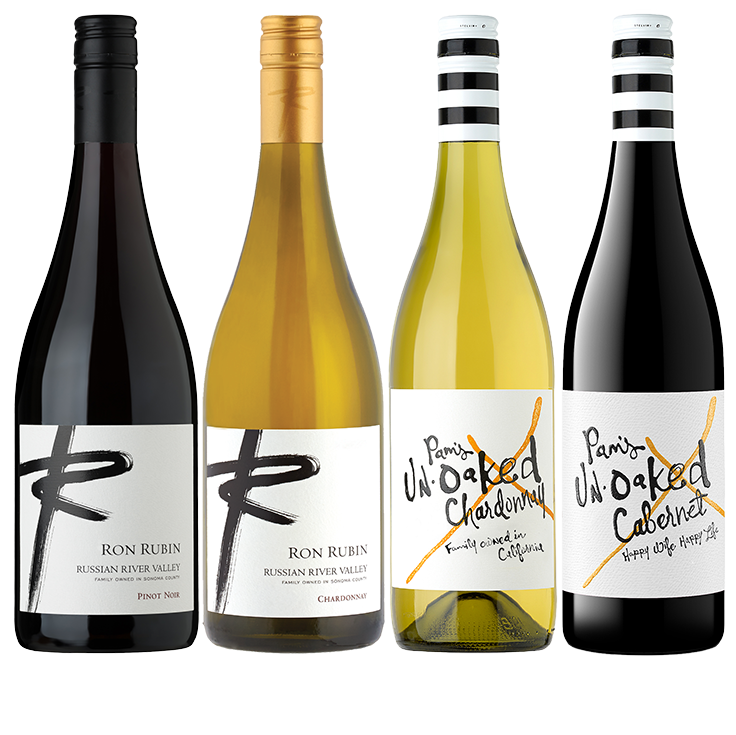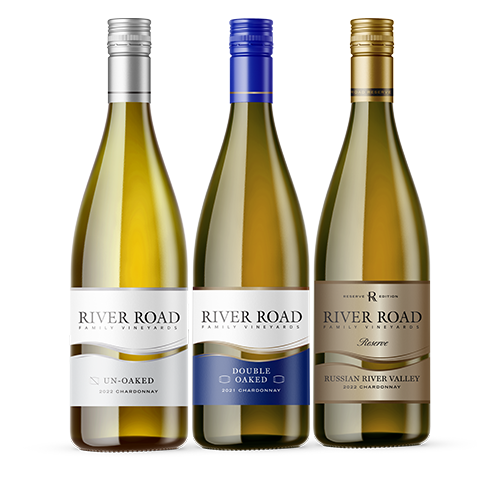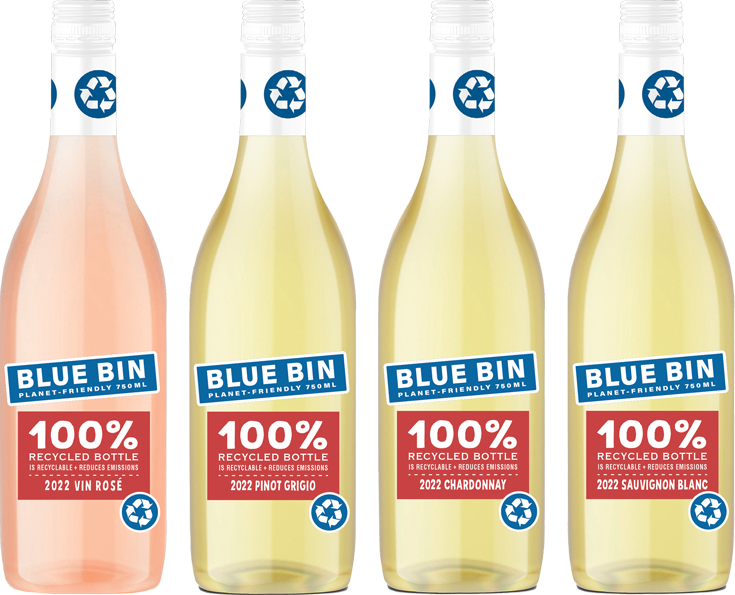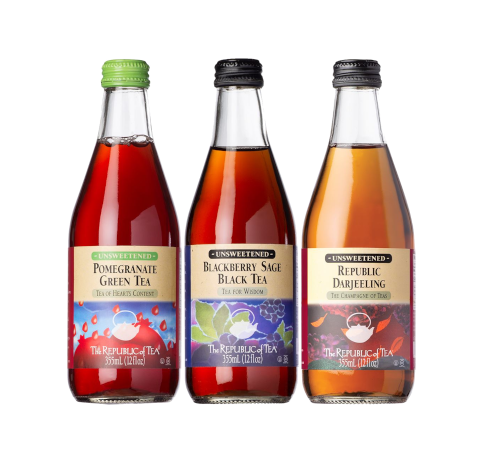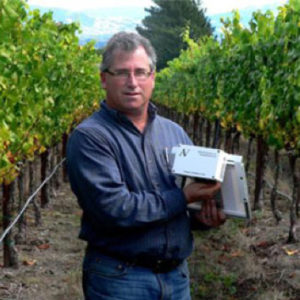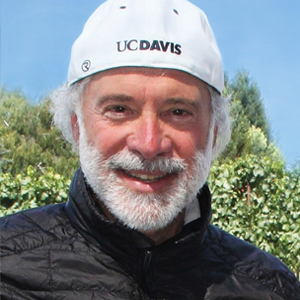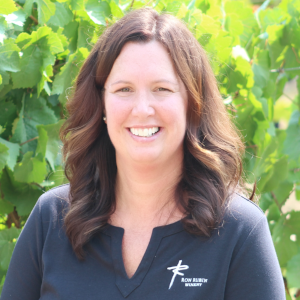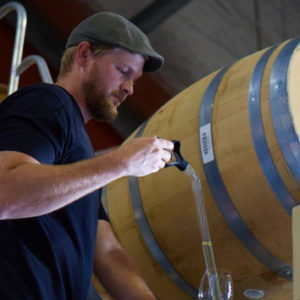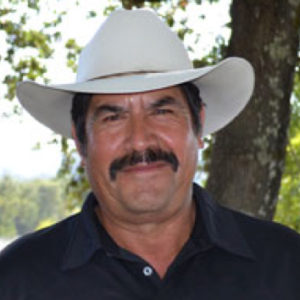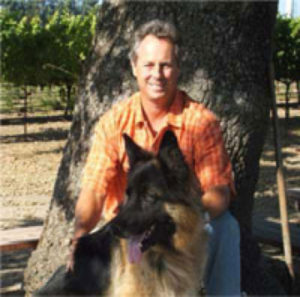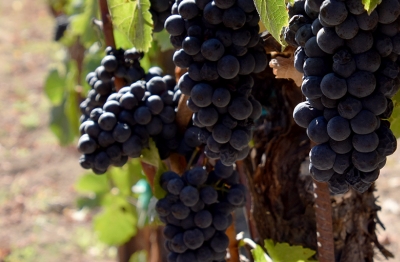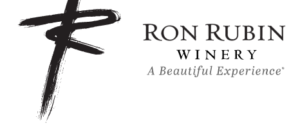Mark Greenspan, of Advanced Viticulture works in partnership with Ron Rubin Winery winemaking and viticultural teams.
Understanding all aspects of soils as part of our terroir is an all important first step for being certified as “sustainable.” Mark Greenspan is regarded as one of the world’s leading experts in wine grape irrigation, having written scientific and trade journal articles on the subject.
Mark’s command of grapevine irrigation practices and extensive experience in vineyard mineral nutrition, crop load management, vineyard uniformity, grape maturation, weather, climate, and viticultural technologies, makes him an important partner for our winemaking and viticulture teams.
The leadership that Mark brings to Ron Rubin Winery includes nearly two decades of viticultural scientific research and field experience. He’s provided viticultural leadership to winery estate vineyards and to winery grape suppliers, while managing one of the largest portfolios of viticultural research projects in the private industry sector. Mark has worked side-by-side with leading viticulturists, vineyard managers, winemakers, and agricultural technologists, while keeping close in touch with academic research. He’s a leading expert in wine grape irrigation, having written scientific and trade journal articles on the subject. In addition to his command of grapevine irrigation practices, he has extensive experience in vineyard mineral nutrition, crop load management, vineyard uniformity, grape maturation, weather, climate, and viticultural technologies.
According to Mark Greenspan, “Ron Rubin Winery has installed a new Ranch System weather station and sensor network. The teams in place will be able to monitor and address specific needs of the vineyards; such as tracking the micro-climates of this 10-acre vineyard, along with monitoring soil moisture profiles for irrigation scheduling purposes. Telemetry is an important first step in Ron Rubin Winery’ move toward becoming certified as sustainable. Once we’ve established terroir, the next step will be to initiate a ‘small drink’ irrigation format, providing only the amount of water required by the vines without waste and for optimum wine quality from the vineyard.”
